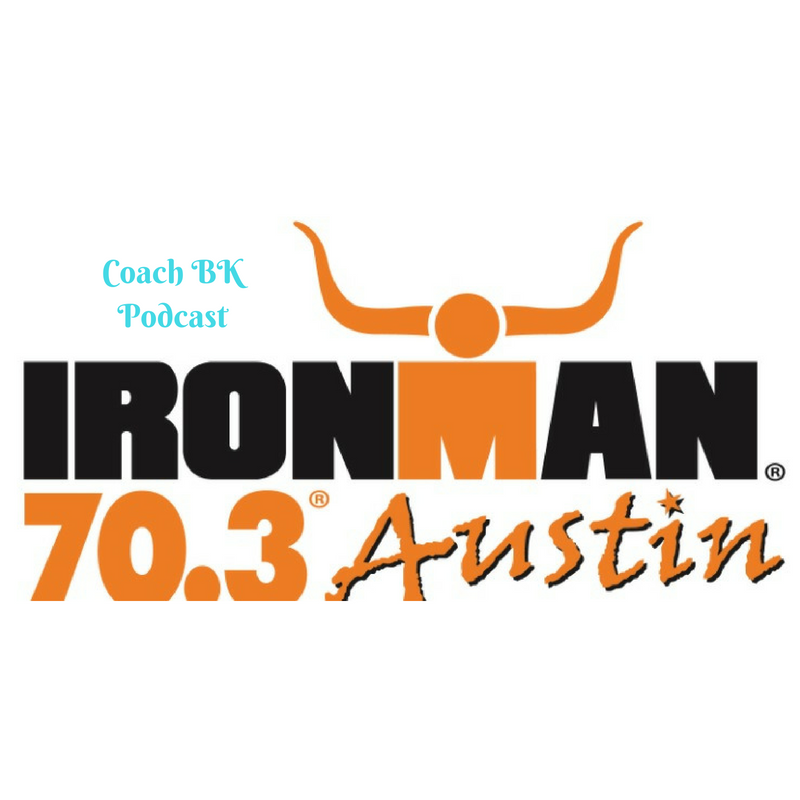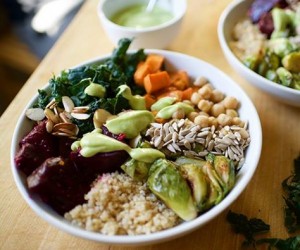Just focus on the right kind!
During the past two decades, diets have cast carbs as hell spawn sent to fatten you up and destroy you with diabetes. These diets demonized all carbs, from whole grains to fruit, and urged you to get them out of your life. Some forms of this nutrient deserve that evil reputation, but many don’t. By avoiding bad cards you can speed weight loss and doge disease.
Article source: Fetters/Men’s Health
But beware: shunning the good carbs may hurt your health and fitness goals.
What Carbohydrates Really Are
Like proteins and fats, carbs are macro-nutrients – in other words, substances that stoke your metabolism and keep you alert and active. As an analogy, think of carbs as your body’s primary source of crude oil. Through digestion, carbs are transformed into glucose –kind of like high-octane unleaded gas. “Carbohydrates are the only nutrients that exist solely to fuel the body,” says Donald Layman, PhD, a professor human nutrition at the University of Illinois. Without glucose, your blood oxygen levels suffer, your energy levels tank, and your risk of a brain fart rises.
You should consume 45 to 65 percent of your daily calories form carbohydrates, according to the USDA’s most recent recommendations. So if you’re a moderately guy consuming 2,600 calories a day, that means 1,170 to 1,690 calories of that total should come from carbs. And since carbs-whether from sugar, starch, or fiber – contain 4 calories per gram, you should shoot for 295 to 425 grams a day. This amount, says Layman, will help your brain, blood, and nervous systems function at their best.
If you keep your intake under 80 grams of carbs a day, as some diet plans suggest, your body will begin breaking down its fat stores to produce ketones, a poor man’s “glucose”, which can lead to that low-carb “cloudy” feeling. Excess dietary carbs become excess body fat. So losing weight and helping your heart is as simple as cutting back on the white bread, right? Lets read on.
Why You Should Strive for Complexity
The quality of your carbs is as important as the quantity, says Frank Sacks, MD, a nutrition professor at the Harvard T.H. Chan School of Public Health. Complex carbs, found in starchy veggies and whole grains, ar linked to healthier weight and lower risks of type 2 diabetes and heart disease.
“Complex carbohydrates are difficult for the body to break down, and that’s a good thing,” says Gail Cresci, PhD, RD, a researcher in gastroenterology and nutrition at Cleveland Clinic. THese carbs digest shlowly, and the absorption of sugars into your bloodstream is also slower as a result. The increases in your blood sugar and insulin levels are moderate enough that they don’t reach levels associated with body-fat stoarge, Cresci says. Plus, they make your good gut bacteria happy. “The gut microbiata prefer complex carbs over any other food source,” says Cresci. After theses guys feast on the carbs, they send beneficial compounds into your bloodstream. These compounds, called short-chain fatty acids, may help lower inflammation and strengthen your immune system.
Most foods that contain complex carbs are also high in fiber, which regulates blood sugar and helps you feel full. In a 2015 study, people who were asked to eat 30 grams of fiber a day on top of their normal diet lost about as much weight as folks on a strict diet.
How the Wrong Kinds of Carbs Can Hurt You
Refined carbs, such as those in white bread, cookies, and chips, have the opposite effect that complex, unrefined carbs have. After you eat, your blood sugar rises; in response, your insulin levels skyrocket. Plus, your gut bacteria spit out inflammatory compounds. So a daily Boston cream sets you up for metabolic malfunction, elevated triglycerides, obesity, and the chronic diseases that accompany them.
Cutting out those breakfast doughnuts may help you erase the one encircling your waistline. And yes, if you eliminate almost all carbs from your diet, you’ll drop even more weight-but not for the reasons you might think. On a low-carb diet, your body churns through its stores of muscle glycogen. And for every bit of muscle glycogen you burn, your body release twice as much H2O. So initially you’ll lose weight, but it will be more form water than from body fat.
To effectively reverse the weight gain associated with the intake of simple carbs, you have to shop smart. Beware of products that market themselves as low-fat. When food producers remove fat from cookies, ice cream, yogurt, or salad dressings, they often replace the lost flavor with processed sugar (yes, sugar is a carb), which is more easily converted into body fat than unprocessed carbs.
And don’t let the “gluten free” trend hook you in: Many gluten-free pastas, breads, and baked goods contain more sugar and calories than their conventional counterparts. So unless you’re among those with celiac disease or known sensitivities, there’s probably no health reason for you to cut out gluten-containing whole grains like wheat, barley, and rye. And don’t forget: gluten is a form of protein, your muscles’ friend.
A general rule: the fewer ingredients in the food you’re buying, the better. Choose apples, not low-fat, gluten-free, cinnamon-sugar apple chips. While fruit does contain simple carbs, those carbs come with plenty of fiber. In fact, a 2013 BMJ study found that fiber from fruit may reduce your risk of cardiovascular disease. “Anyone who cuts down on fruit to reduce their sugar intake is making a big mistake,” says Dr. Sacks.
How Carbs Fuel Your Fitness
Carbs are stored as glycogen in your muscles and liver and also serve as fuel for high-intensity and endurance exercise. If your fitness regimen is intense-say, you’re training for a marathon-you need 40 to 60 additional grams of carbs per hour of exercise to help your performance, says Stuart Galloway, PhD, who studies exercise metabolism at the University of Stirling, Scotland. Another way to think about this is 1 extra gram of carbs per minute you work out. According to 2013 research in the journal Sports Medicine, carbs boost performance during the endurance and high-intensity work-outs. Better performances burn more calories.
After your workout, you need to consume just as much carbs as protein-ideally more. That’s because insulin may help with protein synthesis and muscle building, a 2015 study in the Journal of the International Society of Sports Nutrition suggests. Aim for a 1:1 or 2:1 carb-to-protein ratio after you hit the gym. Lift some choc protein shake, apple slices with almond butter, or pita and hummus.
So here’s your prescription: Eat a consistent amount of complex carbs every day (unless you’re running a marathon or doing some similar activity the next day) from the greatest variety of whole sources possible. Then enjoy all the disease-fighting, gut-filling benefits.




